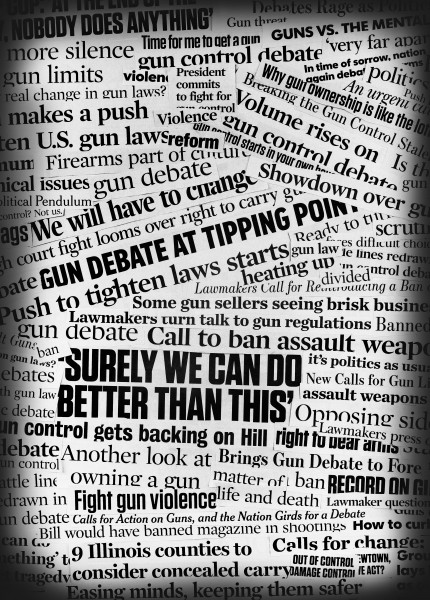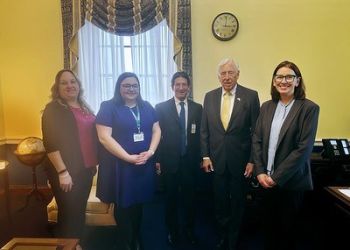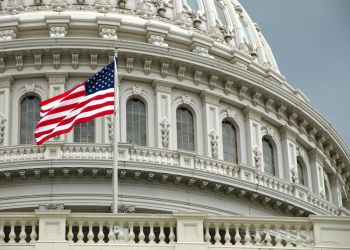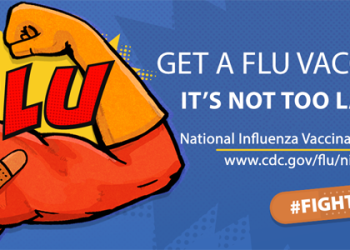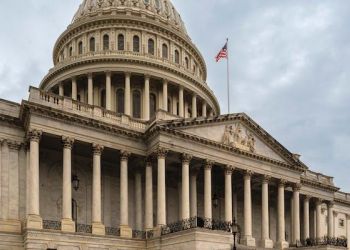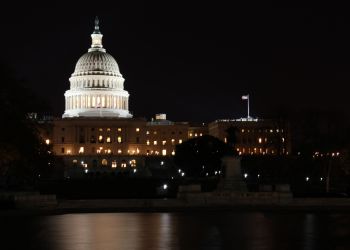Washington, DC, May 18, 2022—This past week, multiple racially motivated violent attacks took place across the country. These hate crimes include a gunman who killed 10 people and wounded three at a Tops supermarket in Buffalo, NY, a killer who targeted Taiwanese worshipers at a church in Laguna Woods, CA, and another shooter who targeted those at an Asian-run hair salon in Dallas, TX. Collectively, these senseless attacks on innocent people based on race and ethnicity represent both extremism and the corrosive effects of white supremacy. The gunmen in each of these tragedies reportedly chose the location of the attacks specifically to target members of the Black and Asian communities.
We in public health have no more words to describe the anger, sorrow, and frustration at the devastation that gun violence in the U.S. levies daily. More and more, we are seeing this violence intertwined with racism, antisemitism, homophobia, and transphobia. These events reflect a broader, ongoing public health crisis requiring collective action by our communities. This violence, beyond its immediate destruction of life, is a critical public health issue. The terror associated with such acts has long-lasting effects from physical and psychological stress every day – a violence that leads to inequitable health outcomes across all diseases and illnesses. Ensuring the safety and wellbeing of all must be a priority for our communities.
Stopping racially motivated violence requires a comprehensive prevention approach focused on reducing disparities and involving strategies to address underlying ideological, physical, social, economic, and structural conditions. The National Association of County and City Health Officials (NACCHO) supports a comprehensive public health approach to address gun violence, including implementing expanded background checks, banning assault rifles, and supporting early intervention programs for families and schools. NACCHO favors anti-racism trainings, strengthening community relations with public health departments and working with social movements in the fight for health equity and social justice. However, we must acknowledge that the intertwining of this public health crisis is fueled by the white supremacist rhetoric that is permeating the political and cultural landscape. Addressing this hate rhetoric requires a national effort across public health and the highest levels of community and political leadership to create solutions.
As always, NACCHO remains committed to providing resources, training, and guidance to our local health department members to help in their response to this ongoing public health crisis of racially motivated violence. We also call upon lawmakers to work with public health and other leaders to take immediate action to address the structural issues that allow this violence to occur and the cultural issues that fosters racism and hate. Despite the overwhelming nature of the problems, NACCHO believes there is a solution we can achieve together—a better future for ourselves, our families, and our communities.
###
About NACCHO
The National Association of County and City Health Officials (NACCHO) represents the nation’s nearly 3,000 local governmental health departments. These city, county, metropolitan, district, and tribal departments work every day to protect and promote health and well-being for all people in their communities. For more information about NACCHO, please visit www.naccho.org.
